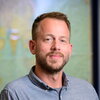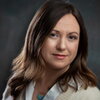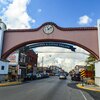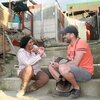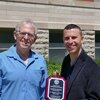
Research on Space, Society, and the Built Environment brings together human and environmental factors to understand the relationships between place and society. One of our subfield specialties is urban geography, where research considers the political, economic, and spatial processes underlying poverty and inequality, infrastructure, mobility, and housing. Another strength of this program is in political geography, including state restructuring and technological development, migration and environmental justice, and gendered responses to climate change.
Program Information for Prospective Graduate Students
Faculty working in Space, Society, and the Built Environment

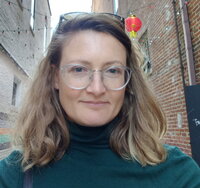
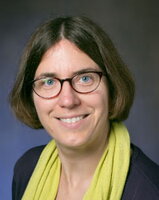
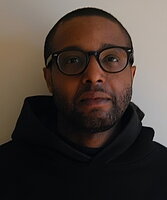
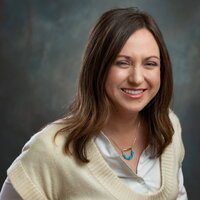
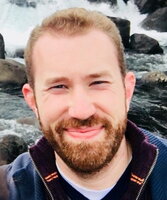
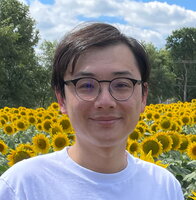
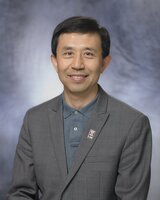
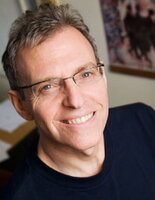
Related News
- CHAMPAIGN, Ill. — Before President Donald Trump abruptly changed course on tariffs, the 12th smallest African nation, Lesotho, was near the top of the list of countries whose products would be taxed...
- Dr. Marynia Kolak was a co-author on a study...
- The College of LAS improves lives and understanding through its work in Chicago From deep-dish pizza to towering skyscrapers, Chicago is a city like no other. Nearly 3 million people call...
- A yearlong investigation reveals the air quality in Cicero is “much worse” than in surrounding Cook County neighborhoods. The project involves sensors installed and monitored by the Cicero...
- Drs. Nikolai Alvarado, Julie Cidell, and David Wilson presented their research this fall on the U of I campus and across the globe.
- Dr. Julie Cidell and PhD candidate José Acosta-Cordóva have recently been awarded a $990,000 grant from the US Environmental Protection Agency's...
- Dr. Nikolai Alvarado has been awarded Campus Research Board funding to conduct field work in Costa Rica for the next year. His proposal, entitled “South-South Migrants, Social...
- Matthew Anderson (PhD., 2012) has received the Geography & GIS Early Career Distinguished Alumnus Award. Anderson joined the Eastern Washington University...
Related Content
- When William Clark (PhD, '64, geography) arrived in Florida in 1961, en route to the University of Illinois, he struck up a conversation with an African American woman at the train...
- Professor Clark is a member of the National Academy of Sciences, the American Academy of Arts and Sciences, and was a 1994 Guggenheim Fellow.
- Dr. Janey Messina (MS, 2008) is associate professor of social science research methods at the University of Oxford (UK) School of Global and Area Studies.
